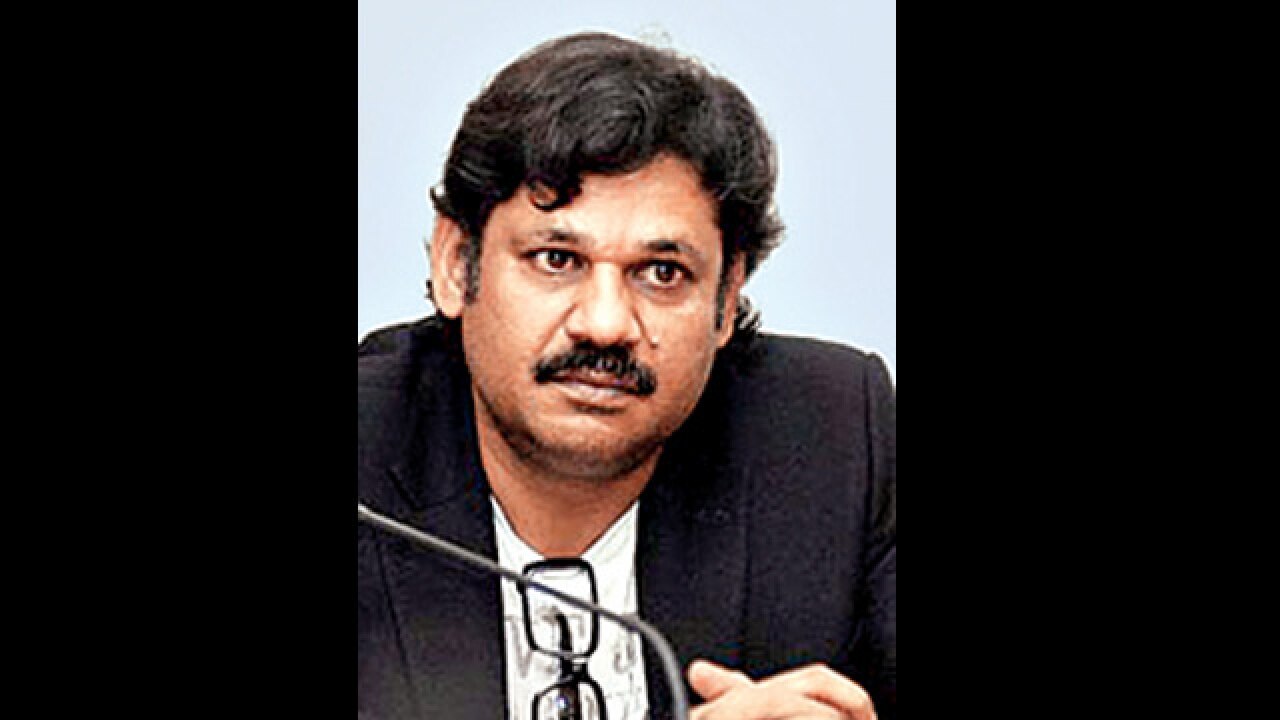
Cricketers, nay all sportspersons and lovers of sports have heaved a sigh of relief at the path-breaking judgement of the Supreme Court bench of Justice TS Thakur and Justice FMI Kalifullah. In a landmark judgement, the Supreme Court has accepted a major chunk of the recommendations made by Justice Lodha panel. All that the Board of Control for Cricket in India (BCCI) had opposed has come unstuck in one stroke of the pen. The judgement's philosophy has been very simple – move on and make the BCCI more transparent and accountable.
What does the judgement hold for BCCI?
There will be no ministers. Age cap of 70 years and one-state-one-vote policy will shake up the roots of the century-old BCCI. The age caps for officials will hurt several senior Board officials, many of whom have not known any life beyond BCCI and state associations.
BCCI was always on the back foot and when the bench started asking probing questions, all that it and its propped-up state units could do was mumble inanities and profound wisdom in challenging the court's jurisdiction to even question the functioning of BCCI since it was an association registered under Article 19 of the Constitution. What it failed to answer with conviction was about its discharging state functions of selecting the state and Indian teams.
When Justice Lodha committee was constituted, we could sense that finally the highest court had realised that water had flown under the bridge, what with a spate of complaints regarding lack of transparency and accountability in BCCI and its affiliates. Who should be members, who should have the vote, who should play cricket in India, how money and power/positions are to be shared, etc. Everything was an in-house affair. Elections at all levels were only a farce.
Several top BCCI who also lead their respective state associations are all above 70 years. The SC bench has clearly laid out that the Lodha panel recommendations will have to be implemented in the next six months.
The Chief Justice's soothing words that they hoped this verdict would bring in some reforms and that the BCCI must accept change must have come as a jolt for Indian Board bigwigs who never imagined that a day would come when their carefully-crafted empire would be shaken up at the roots.
The BCCI's annual general meeting is scheduled in September and it remains to be seen how the new one-state-one-vote policy is implemented. States like Maharashtra and Gujarat have multiple units with voting rights. The court has ordered "rotational" voting and that will be one of the biggest problems.
DDCA is where our fight began. By bringing in a rootless politician who had no interest of cricket or cricketers at heart, DDCA literally went down the drain. Hundreds of missives, letters and meetings were ignored. Money was looted with impunity and talented youngsters were denied their share because boys with influence and money power could play, bar a few exceptional talents. Age fudging was common and the office-bearers were neck deep in corrupt activities that were supported by the top man.
And, when the man was asked to be accountable, he simply ran away and has ever since been making statements that he was only a non-executive president and no role in actual administration.
We cricketers had been fighting these very ills for a long time. Our request to BCCI and DDCA was met with disdain and utter contempt. Neither BCCI nor DDCA was prepared to even sit down and talk to us. With a politician at the helm, they thought that they would tire out any detractors. Money was there to be looted and the process of law could be abused, what with a battery of lawyers to file cases in various courts against various stakeholders. Friendly litigation and stays that were not challenged could enable the delay in AGMs and elections. Balance sheets would not be filed for years. In short, it was sheer brazenness.
We are indebted to Justice Thakur and Justice Kalifullah. The judiciary has done what the Executive and Legislature did not do all these years.
--The writer is a member of India's 1983 World Cup-winning team. Views expressed here are personal and does not represent those of the newspaper